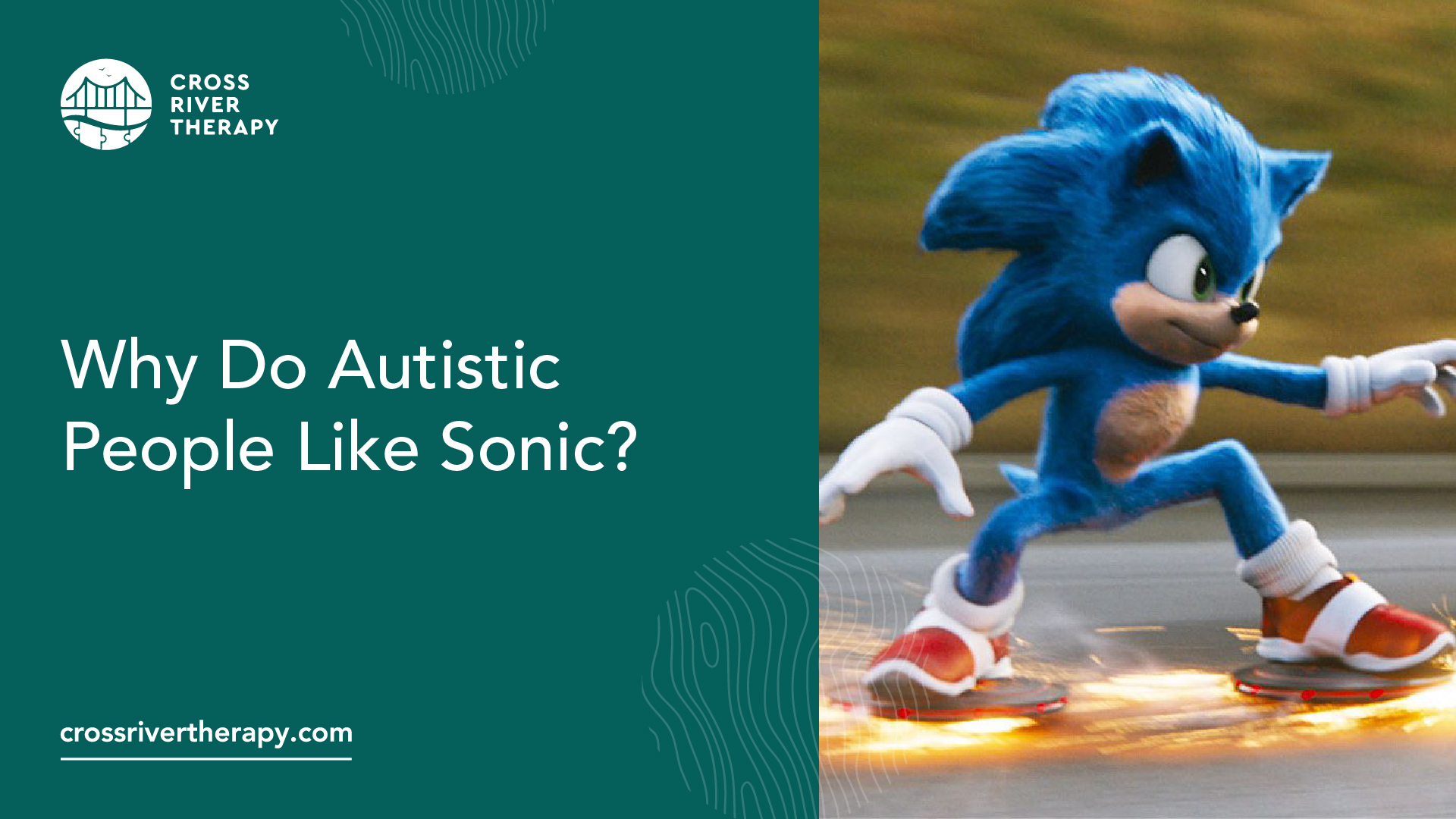Why Do Autistic People Like Sonic?
While the reasons behind this affinity are not fully understood, there are some theories as to why autistic people might be drawn to the blue hedgehog.
Why Do Autistic People Like Sonic?
Many people are familiar with the character Sonic the Hedgehog, but did you know that he is particularly popular among autistic people? In fact, there is even a term for this phenomenon – “Sonic pathology.” While the reasons behind this affinity are not fully understood, there are some theories as to why autistic people might be drawn to the blue hedgehog. Let’s take a closer look at this fascinating topic.

Autistic people's love for Sonic
Autistic people are a unique population whose passions and interests often vary from the mainstream. One of the more common topics among autistic individuals is their love for Sonic, the beloved video game character from Sega.
Though it may be easy to dismiss as merely a childhood fascination, there is something deeper going on - Sonic has played an integral role in providing comfort and entertainment to many people living with autism.
Just as Sonic is proud of his racing ability, autistic fans of this character celebrate his speedy journeys into uncharted territory - it's a metaphor for those on the spectrum paving their own path in life. Sonic's charm has become a beacon of hope for those same individuals who view him an admirable figure that keeps 'going fast' no matter what challenges he faces.
Possible reasons behind this phenomenon
The phenomenon in question sees a large increase in the number of people interested in novel activities, such as home-based hobbies, rekindling old interests, or exploring new ones.
Possible explanations behind this rising trend could be attributed to the fact that more free time is available due to school and work from home orders during the pandemic.
Additionally, difficulty associated with travel has made exploring new places much harder, thus pushing people to discover positive ways of using their time inside their homes or virtually.
Several experts have noted the greater sense of freedom and exploration while participating in hobbies such as painting, cooking, or gardening. This could definitely be one of the chief reasons that are driving people towards giving more attention to activities which aren't a part of their regular schedule.
Why Sonic is so popular among autistic people
Sonic the Hedgehog has a special place in the hearts of many autistic people since its very beginning in 1991. The game's rich colors, bright graphics, and fast-paced action make it a perfect choice for autistic individuals who have difficulty processing information quickly.
Additionally, Sonic's wide range of enemies and obstacles keeps the games interesting without overstimulating the senses with too much change or uncertainty.
This makes Sonic a fun way to relax, enjoy some entertainment, and practice motor skills at one’s own pace. Furthermore, the game's challenge mode helps players further develop their cognitive capabilities as they try to master levels with each new replay. All this makes Sonic an extremely popular game among those on the autism spectrum - and beloved by many after all these years!
Stories from autistic people about their experiences with Sonic
Sonic is a much-loved video game series, and autistic people have been playing it since the early days. They often find that the characters and storyline are sources of comfort and solace.
Sonic's cast of quirky characters – including Tails, Knuckles, Shadow and Eggman – makes it easy to form powerful relationships with the game universe in ways unlike any other.
Autistic people have countless stories to tell about the connections they've made with Sonic while playing the different games, from childhood memories of curling up on the couch with a controller to skillfully completing levels in later years. Sonic has remained beloved by many due to its timelessness, beautifully bringing together autistic players across times and generations.
The importance of understanding and acceptance
Understanding and acceptance are two essential tools that allow us to become better people. When we take the time to appreciate and understand the differences between our experiences, beliefs, and cultures, it creates a sense of empathy and understanding. This allows us to come together in unity and foster an environment that celebrates diversity instead of exclusion.
Moreover, when we embrace each other rather than fear what’s different from us, it opens the door for dialogue and growth. With an open heart and mind, we can discover how our differences contribute to creating strong relationships with those around us. Consequently, understanding and acceptance are necessary for establishing a healthy atmosphere for personal growth and development.
Conclusion
Though there are many possible explanations for why autistic people might be drawn to Sonic the Hedgehog, the most important takeaway is that we should strive to understand and accept differences in others.
By hearing these stories from autistic people about their experiences with Sonic, we can gain a better understanding of what they go through on a daily basis and how we can support them. What matters most is that everyone feels included and loved for who they are, regardless of whether or not they like Sonic the Hedgehog.



